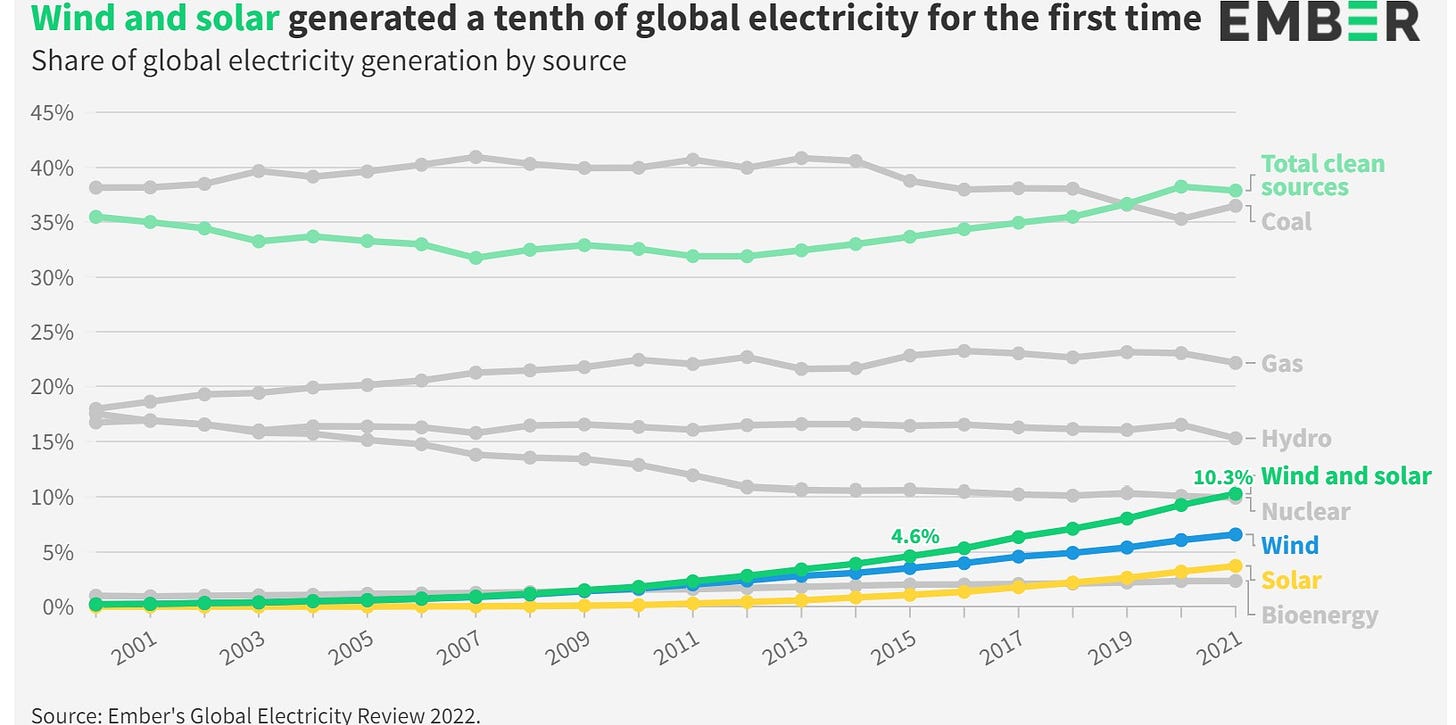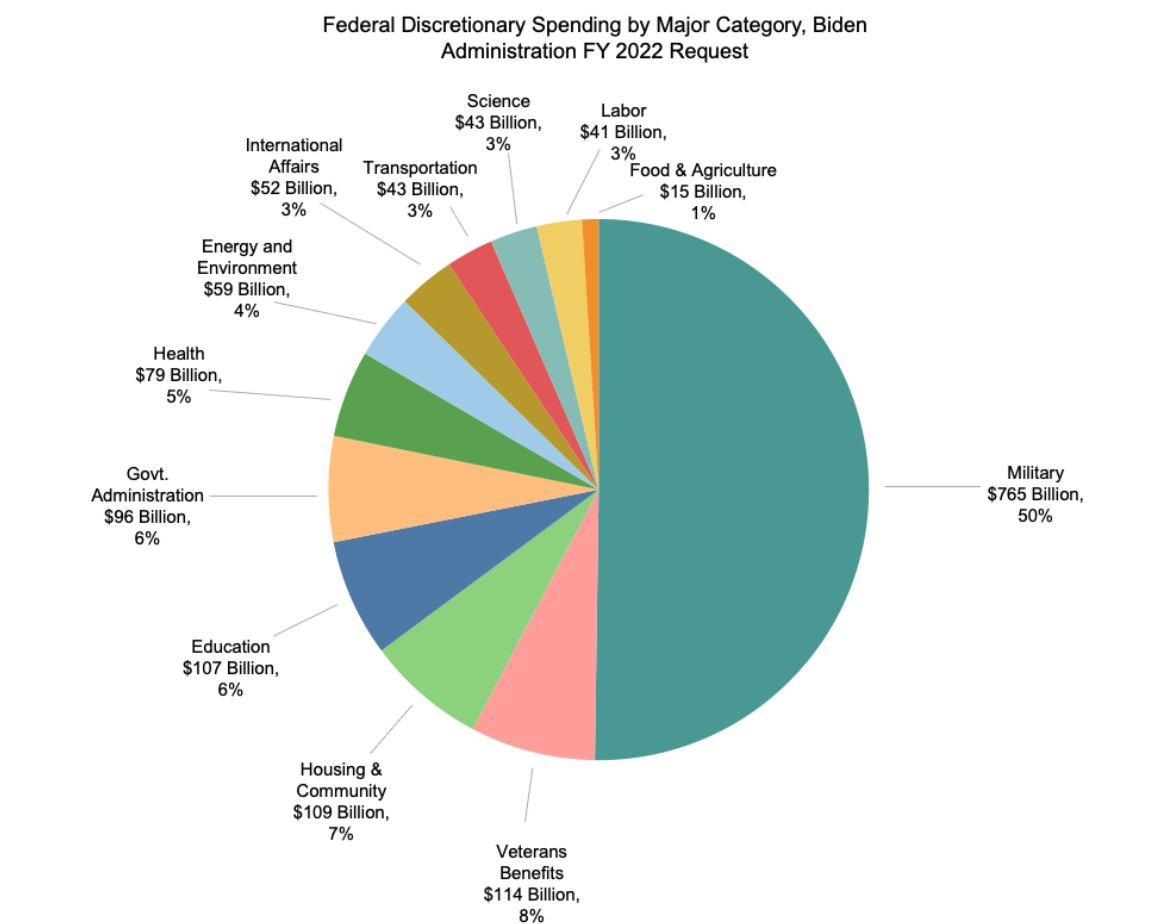Earthling: Putin Faces Nationalist Backlash
Plus: Xi Jinping faces lockdown backlash; good climate change news; covert US-Ukraine collaboration, etc.
More and more Russians are challenging government claims that the war in Ukraine is going as planned—and some are even doing so on state-controlled media. But, warns military historian Lawrence Freedman in his newsletter Comment is Freed, it would be a mistake to think this dissent emanates mainly from anti-war circles and could therefore push Putin toward an accommodating stance at the negotiating table.
Much of the criticism of Putin’s war effort, Freedman says, is coming from “hawkish nationalists.” And “it is the nationalists who have been energized by Putin’s aggression and will be most distressed should he fail [in his war aims].” These nationalists “want to move beyond the limited operation that Putin claimed to have set in motion to something more absolutist. Ukraine must be defeated, and seen to be defeated, no matter what the costs. Perhaps because he is aware of this, Putin shows no sign of relenting on any of his core demands.”
Russia deserves better than an autocratic leader who perennially thwarts democratic reforms! Then again, as Steve Chapman reminds us, that’s what they said in the time of Tsar Nicholas II—and regime change in 1917 didn’t solve that problem. In the wake of President Biden’s unscripted insistence that Vladimir Putin “cannot remain in power,” Chapman, writing at creators.com, reviews past consequences of regime change and explains why an ousted Vladimir Putin would probably not be replaced by a fundamentally different kind of leader.
No, this isn’t a typo: There is good news about climate change. A report by climate think tank Ember concludes that the use of solar and wind power is growing fast enough to limit the planet’s warming to 2.7 degrees Fahrenheit (1.5 degrees Celsius)—the goal set by the Paris Agreement in 2015. These two renewable energy sources together generated 10.3 percent of electricity worldwide last year. To meet the 2.7 degrees goal, that number needs to grow by 20 percent per year until 2030—and, the report notes, that’s the average rate of growth for the past decade.
#WhyCan’tChinaLiftSafetyMeasuresJustLikeForeignCountries? That hashtag has been trending on the Chinese social media platform Weibo, where discontent over Beijing’s strict Covid lockdown policies is increasingly evident. China’s “zero-Covid” strategy drew widespread praise at home for much of the pandemic, but, with monthly Covid cases now in the tens of thousands, the continued practicality of the policy is coming into question. Writing for What’s on Weibo, Manya Koetse covered the issue.
At $813 billion, the defense budget proposed by President Biden this week is bigger in real terms than annual US military spending at the peak of the Cold War—and much bigger than it needs to be, writes William Hartung in Responsible Statecraft. Hartung blames rampant waste, arms industry lobbying, and the Pentagon’s “cover the globe” strategy of being ready to fight any battle, anytime, anywhere in the world.
On the same day the Pentagon budget was unveiled, the Pentagon’s National Defense Strategy was sent to Congress. The report is classified, but the official “Fact Sheet” suggests that China—“our most consequential strategic competitor and the pacing challenge for the [Defense] Department”—accounts for much of the budgetary growth. As Dave DeCamp noted in Antiwar.com, the 1,200 US surveillance sorties conducted over the South China Sea last year was a 20 percent increase over the previous year. And “carrier strike groups and amphibious ready groups entered the South China Sea 12 times in 2021, more than twice the frequency of 2020.”
A graphic depiction of last year’s federal budget gives you a sense for America’s priorities:










